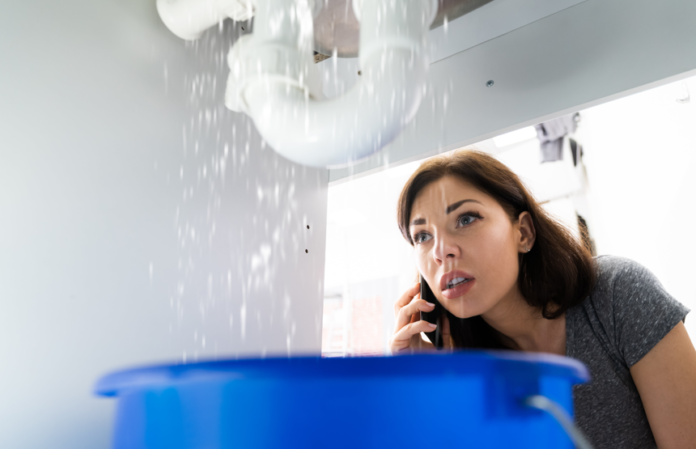Imagine waking up to the sound of gushing water and discovering your living room is flooded. This nightmare scenario can happen to anyone, and knowing how to handle plumbing crises like burst pipes can save you time, money, and stress. In this post, we’ll guide you through recognizing the signs of plumbing issues, taking immediate action, contacting professionals, and taking preventative measures to avoid future problems.
Recognizing the Signs
Understanding the early warning signs of plumbing problems can help you address issues before they escalate into full-blown crises. Here are some common indicators:
Unusual Noises
If you hear banging, clanking, or gurgling sounds coming from your pipes, it could signal a potential problem. These noises often indicate trapped air, blockages, or pressure issues within your plumbing system. Addressing these noises early can prevent more severe damage.
Water Discoloration
Discolored water is another red flag. If your tap water appears brown or rust-colored, it may indicate corrosion in your pipes. If not addressed promptly, this can lead to leaks and eventual pipe bursts. Clear, clean water is a sign of a healthy plumbing system.
Reduced Water Pressure
A sudden drop in water pressure can indicate a blockage or leak within your plumbing. Consistently low water pressure might signal a more significant issue, such as a pipe about to burst. Monitoring your water pressure can help you catch problems early on.
Immediate Actions
Quick action is essential to minimize damage when faced with a plumbing crisis. Here’s a step-by-step guide on what to do when disaster strikes:
Shut Off the Water Supply
The first and most crucial step is to turn off the main water supply to your home. This will stop the flow of water, preventing further flooding and damage. Locate your main shut-off valve and make sure everyone in your household knows where it is.
Drain the System
After shutting off the water, open all faucets and flush toilets to drain any remaining water in the pipes. This will help alleviate pressure and reduce the risk of additional leaks or bursts.
Assess the Damage
Take a moment to evaluate the extent of the damage. Identify the source of the problem, whether it’s a burst pipe, overflowing toilet, or leaking faucet. This information will be valuable when contacting professionals for repairs.
Contacting Professionals
Choosing a reliable plumber is crucial for efficient and effective repairs. Here’s how to find the right professional for the job:
Research and Recommendations
Start by researching local plumbers and reading online reviews. Ask friends, family, or neighbors for recommendations. A reputable plumber should have positive feedback and a track record of successful repairs.
Verify Credentials
Ensure the plumber you’re considering is licensed and insured. Proper credentials guarantee they have the necessary skills and knowledge to handle your plumbing crisis safely and effectively. Feel free to ask for proof of their qualifications.
Understand Costs and Services
Request a detailed estimate before any work begins. A trustworthy plumber will provide a transparent breakdown of costs and clearly explain what services are included. Understanding the scope of work will help you avoid unexpected expenses.
Preventative Measures
Taking proactive steps can help you avoid future plumbing crises. Here are some tips to keep your plumbing system in top shape:
Regular Inspections
Schedule routine inspections with a professional plumber to identify and address potential issues before they become significant problems. Regular maintenance can extend the lifespan of your plumbing system and prevent costly repairs.
Insulate Pipes
Insulating your pipes can protect them from freezing temperatures, which can cause them to burst. This is especially important in colder climates where frozen pipes are standard. Proper insulation can save you from significant water damage.
Monitor Water Pressure
Keep an eye on your home’s water pressure. Installing a pressure regulator can help maintain a safe and consistent pressure level, reducing the risk of pipe damage. High water pressure can strain your plumbing system and lead to leaks or bursts.
Handling plumbing crises requires quick thinking and informed decision-making. By recognizing the signs of potential issues, taking immediate action, and choosing reliable professionals, you can mitigate damage and ensure your home remains safe and functional. Proactive measures, such as regular inspections and pipe insulation, can prevent future problems and give you peace of mind.
Now that you know how to handle plumbing emergencies, consider scheduling a routine inspection with a local plumber like AZ Emergency Plumbing LLC. Stay prepared, stay informed, and keep your home’s plumbing in top condition.

